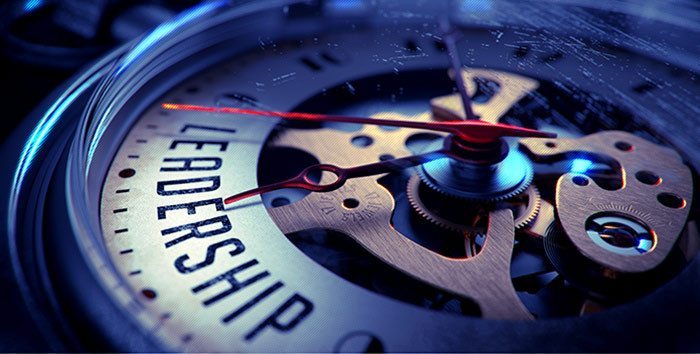
Responsible Leadership in an Unforgiving World is the title of a 2013 book by Joseph Badaracco. Badaracco is a professor of Business ethics at Harvard Business School. He is also a Senior Associate Dean, Chair of the MBA Program.
This work made me reflect on some of the Family Businesses HRB is working with — and their struggles. One of the struggles is Leaders must be self-aware. Self-awareness is the capacity for introspection and the ability to recognize oneself as an individual separate from the environment and other individuals. It is not to be confused with consciousness. While consciousness is being aware of one’s environment and body and lifestyle, self-awareness is the recognition of that consciousness.
All leadership starts with self-leadership; Jim Cathcart wrote,
If you can’t lead you, please don’t lead others.
All leadership begins with self-leadership.
Self-Leadership is defined as: The ability to get yourself to do what needs to be done, when it needs to be done, whether you feel like it or not, and still do it well.
That contains four elements: Action (what needs to be done), Timing (when it needs to be done), Motivation (whether you feel like it or not) and Quality (do it well).
Every leader needs to be strong in all four elements.
Which of those four elements is your greatest strength? Which is your least?
Besides self-awareness which is also discussed by Peter Drucker, Daniel Goldman and Ignatius Loyola, Badaracco suggests leaders need to be responsible for the culture. That culture is based on three tenants.
The core values companies should rightly espouse, say Badaracco, fall into three categories.
The first is clarity: that is, not just being transparent about your business practices, but being honest and upfront with partners, customers, and employees about your commitments and goals—and, above all, the hard problems and threats facing your organization.
Second — leaders need to champion “meaningful projects” — not small contributions to some grand long-term vision, but rather shorter-term projects with tangible goals that unite and excite members of a team.
Finally, bright lines — because intense performance pressure and complexity can lead to ethical and legal violations, leaders have to draw bright lines and let employees know they crossing them will bring serious or severe consequences.”

Self-awareness leads to self-control — the ability to control or redirect disruptive impulses and the propensity to think before acting.
Leaders, Family Business Leaders need to be self-aware. They need to know and understand their strengths and weaknesses. At times family businesses wrinkle their nose, shake their head at the suggestion of a SWOT analysis. Being self-aware is that personal inventory, a personal SWOT. When you as a Leader understand your strengths. Self-awareness lets us learn faster, focusing on what we enjoy and are good at. Self-awareness boost our confidence, it enables us to help others grow.
Badaracco suggests that Responsible Leadership in an Unforgiving World is more difficult than in the past. “The very nature of this new recombinant world requires leaders to live constantly in the midst of struggle, Badaracco argues, making leadership both more difficult and more rewarding than it was a generation ago.”

In the midst of struggle, making leadership both more difficult and more rewarding than it was a generation ago.

Leave a Reply